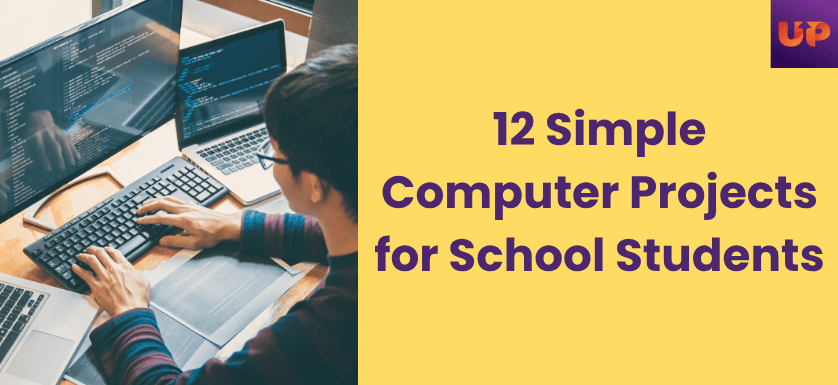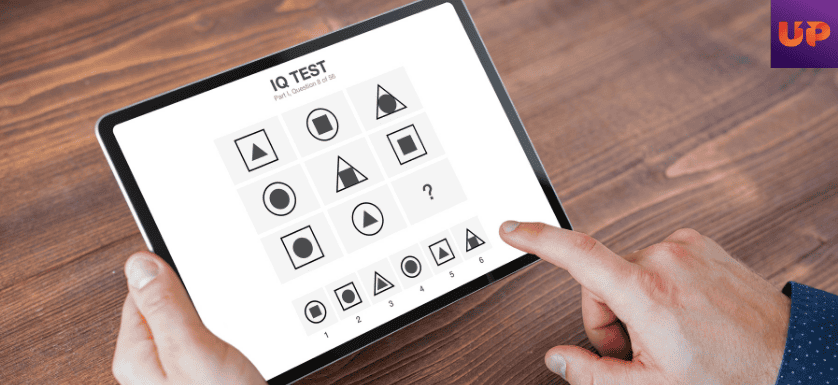
Today’s students are tomorrow’s tech leaders. And what better way to prepare them than with hands-on computer projects for school students? Coding improves problem-solving, creativity, and logical thinking, all essential 21st-century skills. Students need not wait to enter engineering colleges to explore the world of coding. Though all modern schools in India have coding and computer programming as a part of their curriculum, it is high time we think ahead of time.
With artificial intelligence and robotics dominating the market, students should gradually boost their coding practice. After all, hands-on learning and practice can help our young learners understand the concepts clearly. That’s one of the core reasons why the Atal Innovation Mission and NITI Aayog of the Indian government have introduced Atal Tinkering Labs. Students get to practice STEM projects in these labs which also involve computer projects for school students.
Here are 12 beginner-friendly C programming projects for students, perfect for schools with Atal Tinkering Labs or basic computer labs.
12 Simple Computer Projects for School Students
1. Basic Calculator
This is the first step in C programming. Students can build a program that performs basic operations: addition, subtraction, multiplication, and division. It teaches the use of if-else, switch-case, and functions. A fun way to make math interactive!
2. Password Generator
A great way to teach students about strings and randomness in programming. They can use functions like rand() in C to create secure passwords of varying lengths, mixing alphabets, numbers, and symbols. This also introduces the concept of cybersecurity.
3. Student Marksheet Generator
This project helps students understand how data can be processed. They input marks, and the program calculates totals, averages, and percentages, and assigns grades using conditional logic. It’s highly relatable and practical for school environments.
4. Mini Quiz App
One of the most fun c programming projects for students. This is a console-based quiz game where students can input questions and options, and users select answers. It teaches file handling (to store questions), loops, and conditionals, and improves user interaction handling.

5. Library Management System
One of the slightly advanced computer projects for school students that lets them simulate book issue/return functions, maintain records, and view available books. Introduces arrays, structures, and basic file handling. A real-world system recreated in C!
6. Digital Clock
Using loops and time functions like time() or sleep(), students can create a digital clock that runs on the terminal. It teaches about real-time programs and time-based events, an exciting upgrade from static code.
7. Tic-Tac-Toe Game
Designing this two-player console game introduces 2D arrays, conditional checks, and loop logic. It’s an engaging way for students to grasp game logic while learning C programming basics.
8. Typing Speed Test
In this project, a sentence is displayed and students type it. The app records time taken and calculates words per minute (WPM). It uses string comparison, loops, and time.h functions, improving both programming and typing skills. Students can build this program and let their classmates use it to improve their typing skills.

9. BMI Calculator
Students build a program to take height and weight as input, calculate BMI, and give health feedback. It’s a great introduction to arithmetic operations and conditionals, with a health twist. Students can think of more such health-supporting computer projects for school students.
10. File Encryption Program
This project introduces simple encryption by modifying text files using ASCII manipulation. Students learn file reading/writing, loops, and basic data security. Ideal for students interested in cybersecurity.
11. Student Attendance Tracker
Students create a record-keeping system to log daily attendance. It uses file handling to store student names, present/absent status, and date. This simulates real admin software and builds a strong foundation in data handling.
12. Currency Converter
This program takes INR input and converts it to other currencies like USD, Euro, etc., using pre-set rates. It uses switch-case, user input, and arithmetic, making global finance relatable and programmable.
How Atal Tinkering Labs Encourage Coding in Schools
Atal Tinkering Labs (ATLs) are a flagship initiative by NITI Aayog under the Atal Innovation Mission (AIM), focused on bringing innovation into Indian classrooms. But they don’t just stop at robotics and IoT, they’re also a gateway for students to explore computer science in a fun and hands-on way.
Here’s How ATLs Nurture Young Coders:
Access to Computers and Microcontrollers
Students get to work on Arduino, Raspberry Pi, and basic computer programming platforms like Scratch, Python, and C. Even schools in rural areas are exposed to the latest tech tools.
Structured Activities and Challenges
From basic programming to AI modules, ATL provides year-round STEM-based activities. Coding marathons, hackathons, and project-based learning make the experience immersive.
Curriculum Integration
Many ATL sessions are mapped with subjects like math and science, helping students see the real-world application of what they study in class.
Teacher Training
Equipment vendors and ATL help teachers upgrade their knowledge with regular orientation sessions on programming, innovation, and computational thinking.
Peer Collaboration
Coding becomes collaborative, students work in teams, discuss bugs, and co-create solutions. It builds confidence, leadership, and communication.
How ATALUP Helps Schools Implement These Projects
ATALUP doesn’t just help you set up the ATL, it helps you run it efficiently. Here’s how:
Apply for ATLs: ATALUP helps schools analyze their eligibility and offers free consultation
Is your school eligible for
Atal Tinkering Lab
Setup Labs: ATALUP helps schools establish ATLs from scratch
Teacher Dashboard: Assign projects, track student submissions, and get alerts
Student Tracker: Monitor performance, participation, and project outcomes
Session Calendar: Schedule coding sessions with ease, avoiding last-minute chaos
Compliance & Reporting: Auto-generated reports for ATL submission, audits, and reviews
Conclusion
Introducing computer projects for school students is no longer optional, it’s essential. With platforms like ATALUP, schools don’t just keep up, they lead.
Want your students to build more than just marks? Start with code. Start with ATALUP.